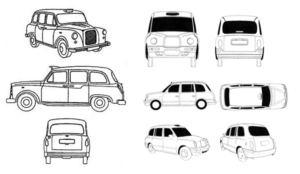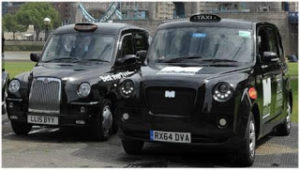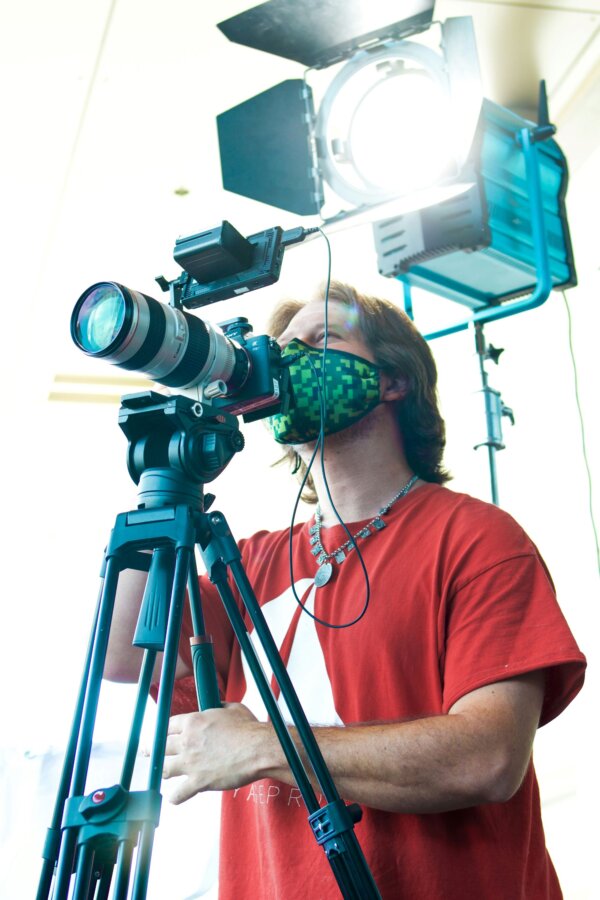Taxi! Distinctiveness when it comes to trade mark registrations can often catch brands out
Written by William Miles | November 23, 2017
Trade marks are funny things really, they’re best described as “signs” or “signifiers of origin” and essentially they’re the way that consumers identify you. Because of this, they need to distinctive, so that consumers can distinguish your goods/services from the goods/services of your competitors.
Typically brand names and logos are protected by trade marks as they, for the most part, are clear signifiers of origin. However, sometimes brand owners go one step further and register illustrations of their goods rather than simply their logo. This is what LTC (the largest manufacturer of London taxis) did with two of its taxi designs, as shown below:-
Sometime after these trade mark applications were successfully registered a smaller manufacturer, Ecotive Limited, decided to create a new taxi design. Its aim was to make something recognisable as a black cab but still distinct from LTC’s cars and it created the Metrocab, pictured below (right) next to one of LTC’s models (left):
LTC issued a claim for trade mark infringement and lost in the first instance. It appealed this decision but, unfortunately for LTC, the Court of Appeal has just handed down a judgment in which it agreed with the earlier court.
Essentially this matter came down to the distinctiveness of LTC’s trade marks. The courts found that although these trade marks illustrated London taxis, LTC were not able to show that consumers had “come to identify the [taxis] as originating from a particular undertaking and so to distinguish those goods from those of other undertakings” – so the marks were clearly taxis but not necessarily LTC’s taxis. On that basis, the trade marks were found to be invalid and, as a result, Ecotive wasn’t held liable for infringement.
Briffa comment
This case has two useful lessons:
- The issue of “distinctiveness” when it comes to trade mark registrations can often catch brands out. Therefore advice should always be sought when it comes to filing a new trade mark application; and
- Even if your opponent has a trade mark, there are ways and means to defend your position if you can demonstrate that your opponent’s mark was incorrectly registered.
For further advice on trade mark registration and infringement, please contact one of our expect solicitors via info@briffa.com.



